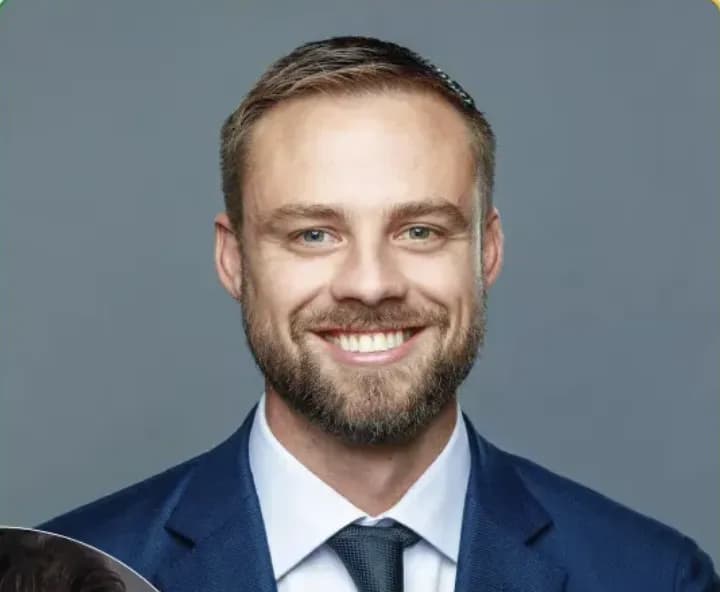Julius Randle Contract Extension Looms: Navigating the Knicks’ Most Complex Negotiation Yet

Julius Randle is set to become eligible for a contract extension with the New York Knicks, and the terms of a potential deal are already stirring up a challenging debate. Under the NBA’s veteran extension rules, Randle can sign a contract worth $181.5 million, with the first year including a 40% raise and subsequent years featuring 8% annual increases. When combined with his $30.3 million salary for the upcoming season, Randle’s total earnings over the next five years could reach $211.8 million.
However, determining a fair value for Randle is far from straightforward. On one hand, his potential extension seems high compared to Jalen Brunson’s recent four-year, $156.5 million deal—especially considering Brunson’s superior impact on the court. On the other hand, Randle’s proposed extension appears modest when juxtaposed with OG Anunoby’s $212.5 million over five years, despite Randle’s superior accolades as a three-time All-Star and two-time All-NBA player.
The New CBA Complications
The landscape of NBA contracts has shifted dramatically under the new collective bargaining agreement, especially for players like Randle who fall into the “sub-superstar” category. The league’s second apron has made teams more cautious about handing out massive contracts to non-superstar players, fearing they might be left with a burdensome deal similar to Zach LaVine’s. While Randle is more versatile than LaVine, he’s still not at the level of LeBron James or Kevin Durant.
Randle’s all-around game has improved, particularly as a passer, and he brings a unique blend of old-school power-forward traits with a modern twist. Yet, his flaws—such as inconsistent shot selection, turnovers, and defensive lapses—make his value tricky to assess. He’s not the primary focus of the Knicks’ offence anymore, with that role now belonging to Brunson. But even as a secondary option, his efficiency and fit within the team’s evolving roster are questionable.
The Financial Tightrope
From a financial perspective, re-signing Randle at his max could severely restrict the Knicks’ flexibility. With nine players already under contract for the 2025-26 season, re-signing Randle at the max would reduce the team’s cap space under the second apron to around $10 million, leaving little room to fill out the roster or address other needs, such as finding a replacement for Isaiah Hartenstein. The situation becomes even more complex in 2026-27, when Mikal Bridges’ new contract will kick in, and Mitchell Robinson will need to be re-signed or replaced.
Randle’s extension could also complicate the team’s ability to keep other key players like Josh Hart and Donte DiVincenzo, who are crucial to the Knicks’ success. Comparatively, players like Anunoby and Bridges provide more consistent value with their versatile skill sets, making them easier to justify paying top dollar.
The Uncertain Fit
Randle’s role on this Knicks team is also up in the air. While he could thrive as a secondary creator, particularly if staggered with Brunson to maximize his on-ball opportunities, there’s also a scenario where he clashes with the new dynamics brought by the Villanova quartet. If his shot-creation doesn’t translate into increased efficiency, his high salary may become harder to justify, especially if Tom Thibodeau opts to prioritize defense over Randle’s offense in critical moments.
If Julius Randle were to hit the open market, his options might be limited. With few teams projected to have significant cap space next summer, and many of those teams either rebuilding or uninterested in a high-priced shot creator, Randle could find himself without a clear suitor. A sign-and-trade could be an option, but the Knicks would need to ensure they’re not losing a valuable asset without a suitable replacement.
The Knicks’ Dilemma
For the Knicks, the best course of action might be to negotiate an extension at a lower annual value, something in the range of Jerami Grant’s $32 million per year, which would align more with Randle’s current market value and keep the team’s long-term flexibility intact. This would also leave room for future trades if Randle’s fit with the team becomes untenable.
Julius Randle could choose to play out the season without an extension, hoping to increase his leverage with a strong playoff performance. However, this comes with significant risk, particularly if he struggles in the postseason or fails to mesh with the current roster. If he does gamble and wait, he could be eligible for a much larger deal next summer, but that scenario seems unlikely unless the Knicks make a deep playoff run.
Ultimately, the Knicks’ front office faces one of its toughest challenges yet. They must balance Randle’s on-court contributions with the financial realities of the new CBA and the team’s broader championship aspirations. It’s a delicate negotiation that could significantly impact the Knicks’ future—both on and off the court.





